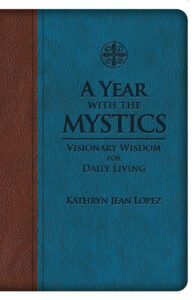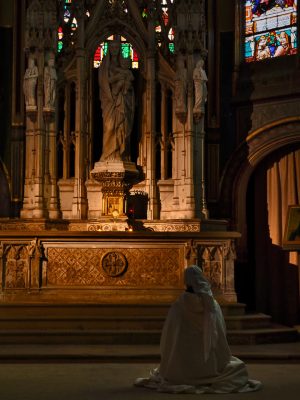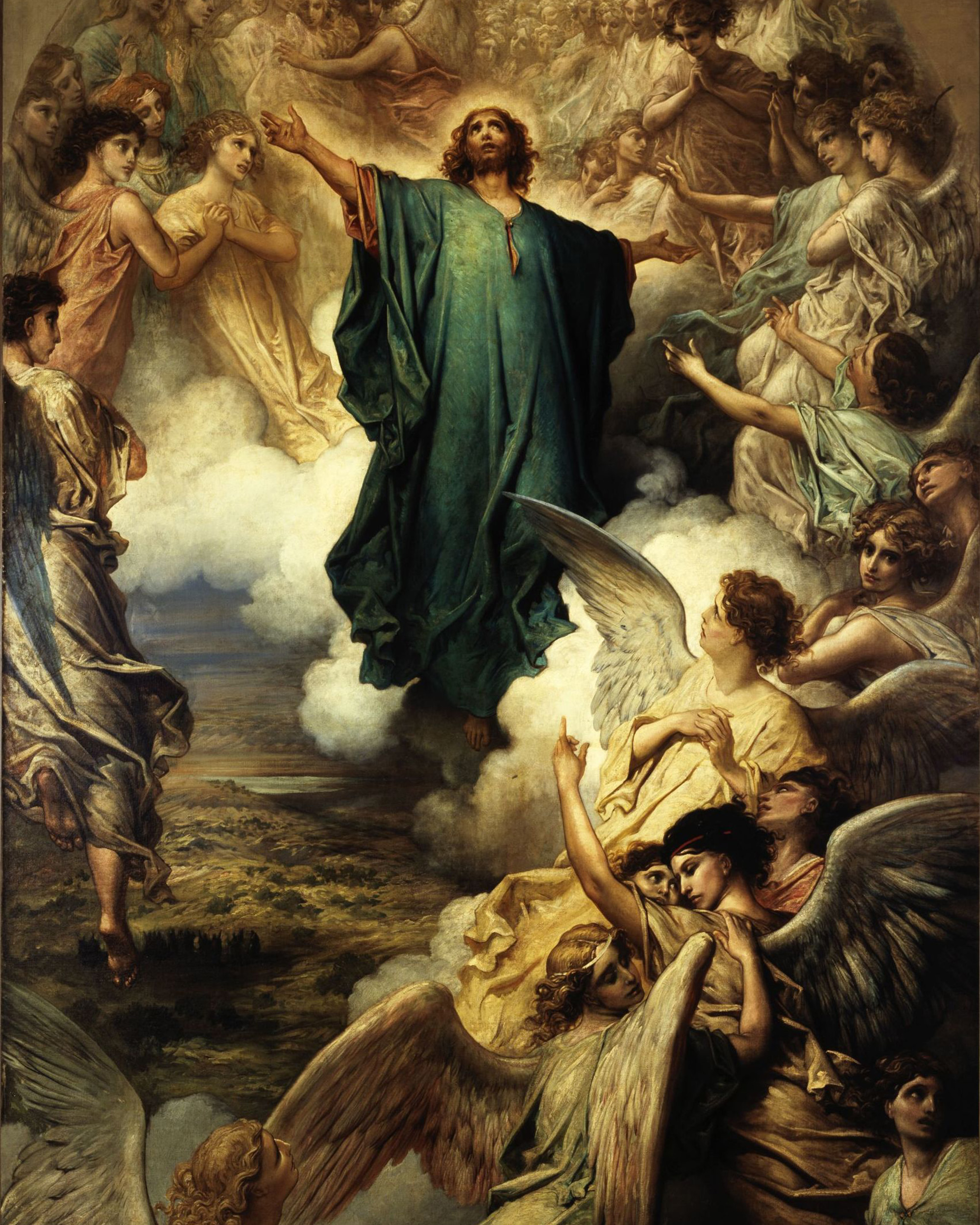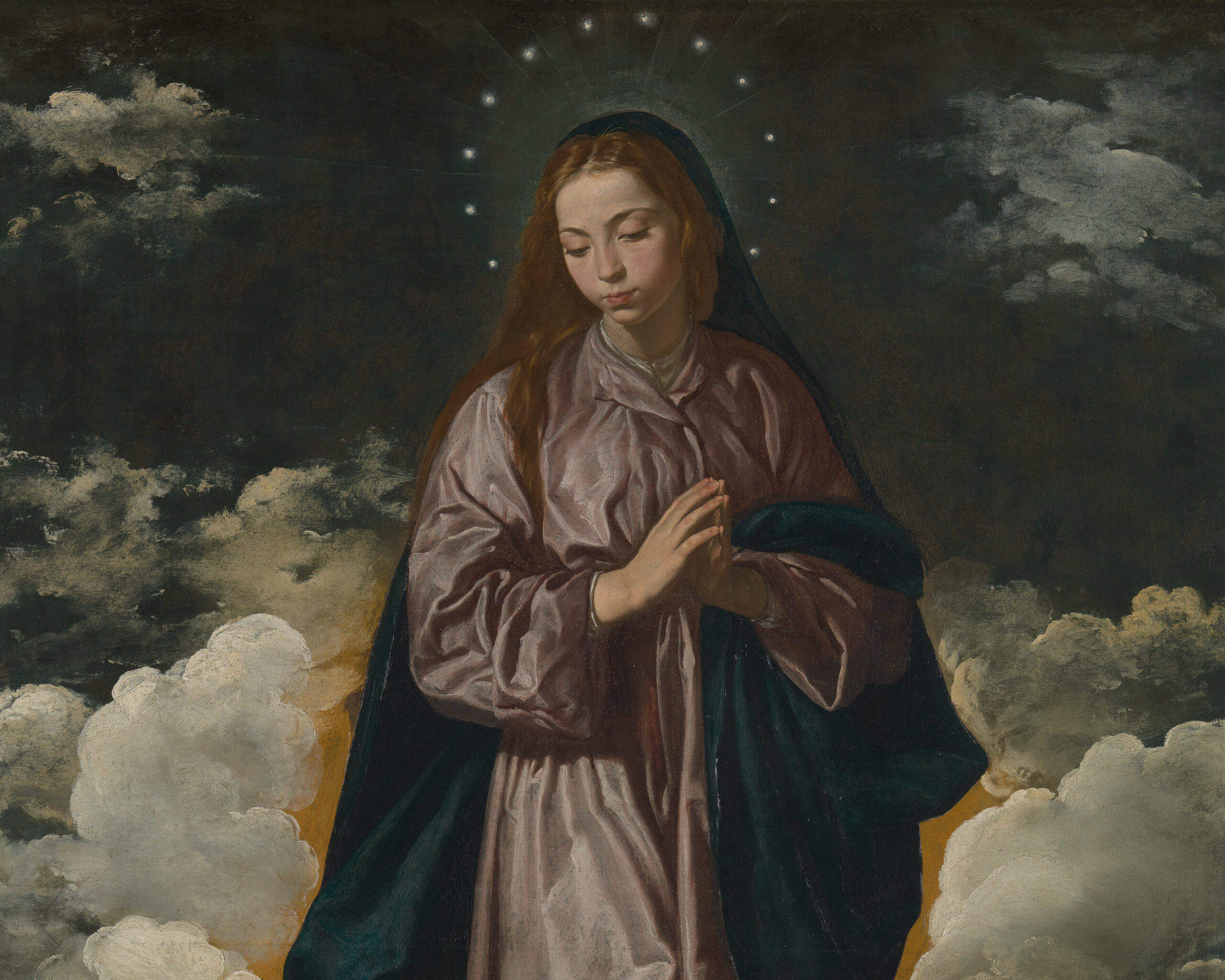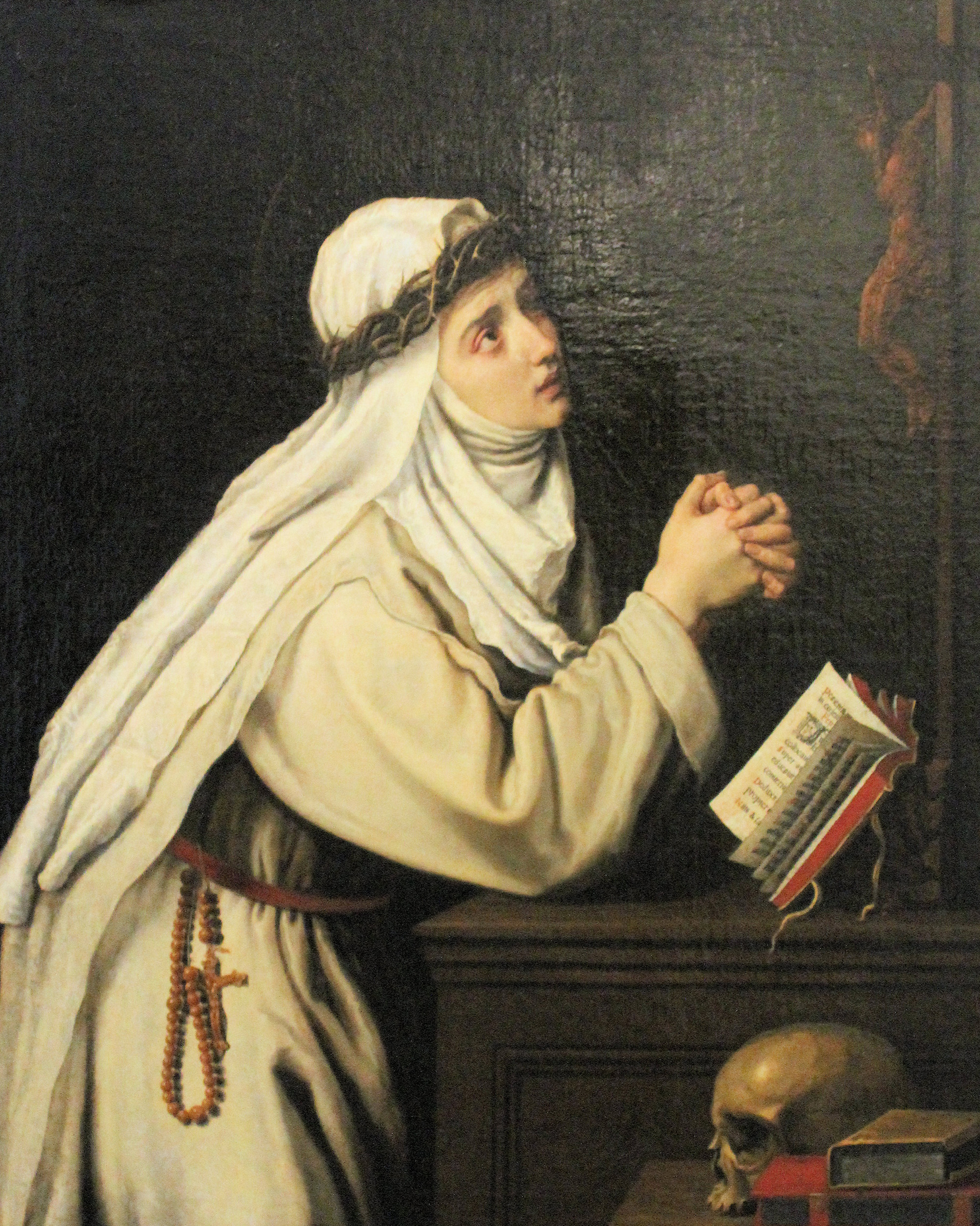Is it not one of the “signs of the times” that in today’s world, despite widespread secularization, there is a widespread demand for spirituality, a demand which expresses itself in large part as a renewed need for prayer? Other religions, which are now widely present in ancient Christian lands, offer their own responses to this need, and sometimes they do so in appealing ways. But we who have received the grace of believing in Christ, the revealer of the Father and the Savior of the world, have a duty to show to what depths the relationship with Christ can lead.
The great mystical tradition of the Church of both East and West has much to say in this regard. It shows how prayer can progress, as a genuine dialogue of love, to the point of rendering the person wholly possessed by the divine Beloved, vibrating at the Spirit’s touch, resting filially within the Father’s heart. This is the lived experience of Christ’s promise: “He who loves me will be loved by my Father, and I will love him and manifest myself to him” (Jn 14:21). It is a journey totally sustained by grace, which nonetheless demands an intense spiritual commitment and is no stranger to painful purifications (the “dark night”). But it leads, in various possible ways, to the ineffable joy experienced by the mystics as “nuptial union.” . . .
Yes, dear brothers and sisters, our Christian communities must become genuine “schools” of prayer, where the meeting with Christ is expressed not just in imploring help but also in thanksgiving, praise, adoration, contemplation, listening and ardent devotion, until the heart truly “falls in love.” Intense prayer, yes, but it does not distract us from our commitment to history: by opening our heart to the love of God it also opens it to the love of our brothers and sisters, and makes us capable of shaping history according to God’s plan.
—Pope St. John Paul II, Novo Millennio Ineunte
Our Christian Duty
Our time calls us, urges us, obliges us to gaze on the Lord and immerse ourselves in humble and devout meditation on the mystery of the supreme power of Christ himself.
He who was born of the Virgin Mary, the carpenter’s Son (as he was thought to be), the Son of the living God (confessed by Peter), came to make us all “a kingdom of priests.”
The Second Vatican Council has reminded us of the mystery of this power and of the fact that Christ’s mission as Priest, Prophet-Teacher, and King continues in the Church. Everyone, the whole People of God, shares in this threefold mission. Perhaps in the past, the tiara, this triple crown, was placed on the Pope’s head in order to express by that symbol the Lord’s plan for his Church, namely that all the hierarchical order of Christ’s Church, all “sacred power” exercised in the Church, is nothing other than service, service with a single purpose: to ensure that the whole People of God shares in this threefold mission of Christ and always remains under the power of the Lord; a power that has its source not in the powers of this world but in the mystery of the Cross and Resurrection.
The absolute and yet sweet and gentle power of the Lord responds to the whole depths of the human person, to his loftiest aspirations of intellect, will, and heart. It does not speak the language of force but expresses itself in charity and truth.
—Pope St. John Paul II, inaugural homily, October 22, 1978
This article is taken from a chapter in A Year With the Mystics by Kathryn Jean Lopez, which is available from TAN Books.
